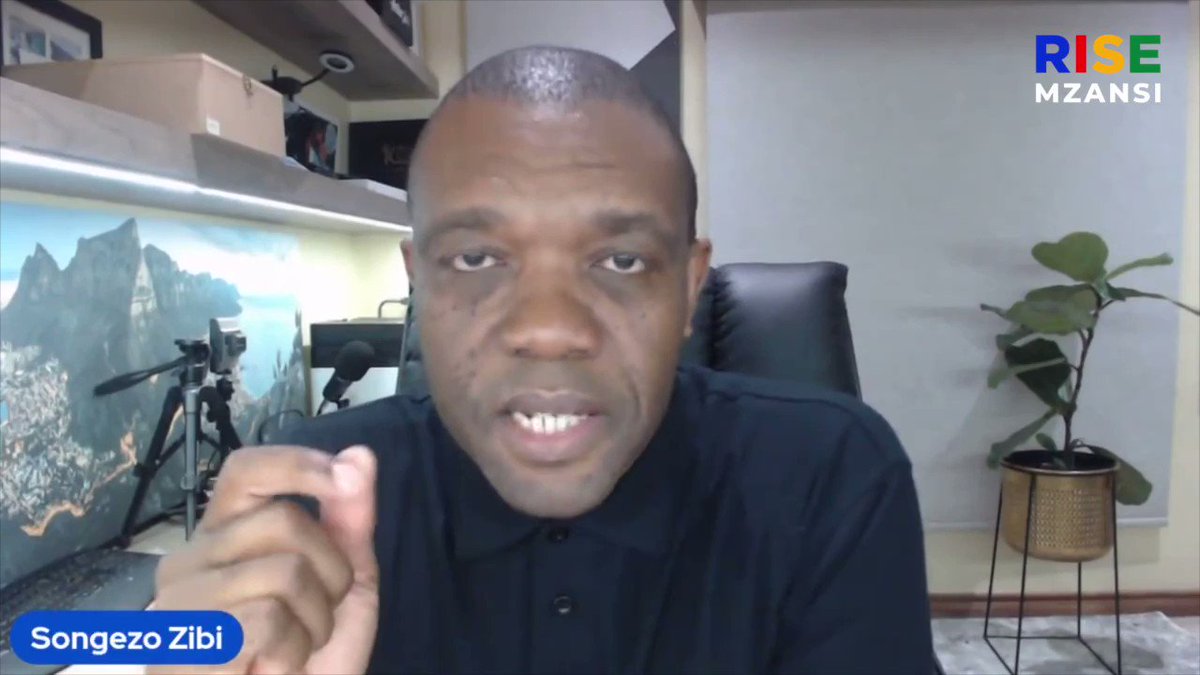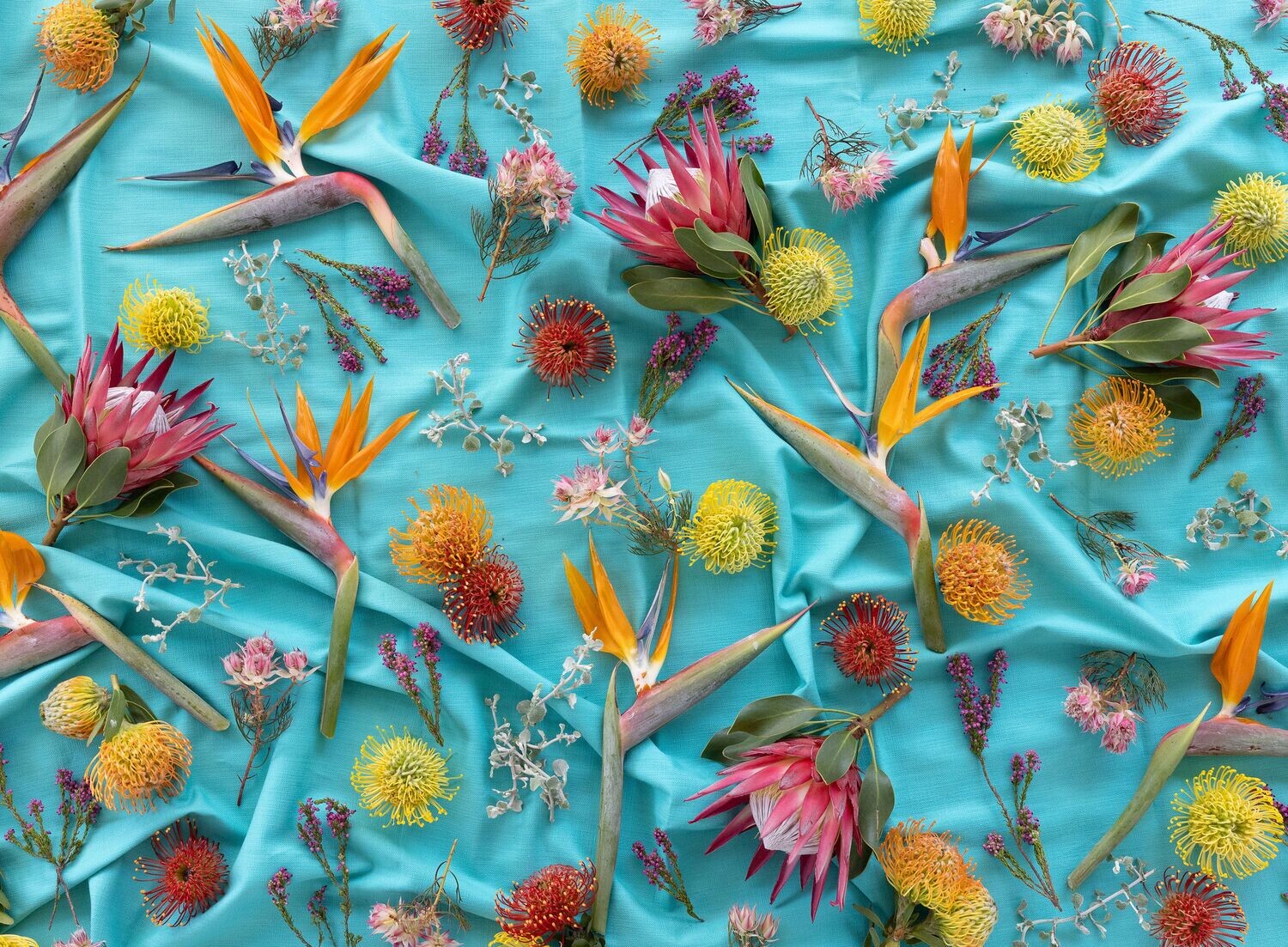Understanding Mzansi: A Comprehensive Exploration Of The Term
When you hear the term "Mzansi," it often evokes a sense of identity, culture, and belonging. This powerful word has deep roots in South African heritage and is widely used in various contexts, from music to politics. Understanding its meaning and significance is crucial for anyone interested in South African culture or history.
Mzansi is not just a word; it's a symbol of unity and diversity. In this article, we will delve into the origins of the term, its cultural implications, and its role in modern South Africa. By the end of this piece, you'll have a comprehensive understanding of why Mzansi holds such an important place in the hearts of many South Africans.
This article is designed to provide valuable insights into the term Mzansi, ensuring that readers gain a well-rounded perspective. Whether you're a history enthusiast, a traveler, or simply curious about global cultures, this guide will serve as your go-to resource for all things Mzansi.
Read also:Bureaucratic Feltcher Understanding Its Role Impact And Evolution In Modern Governance
Table of Contents
- The Origin of Mzansi
- Cultural Significance of Mzansi
- Mzansi in Music
- Mzansi and Politics
- The Role of Language in Mzansi
- Mzansi and the Economy
- Mzansi as a Tourist Destination
- Challenges Faced by Mzansi
- The Future of Mzansi
- Conclusion
The Origin of Mzansi
The term Mzansi originates from the isiXhosa and isiZulu languages, which are two of the eleven official languages of South Africa. It is a colloquial term for South Africa, often used in informal settings. The word "Mzansi" translates to "south" in these languages, making it a fitting nickname for the country located at the southern tip of the African continent.
Historically, the use of Mzansi began to gain popularity in the late 20th century, particularly during the anti-apartheid movement. It became a rallying cry for those fighting for freedom and equality, symbolizing a new, unified South Africa.
Today, Mzansi is widely embraced by South Africans as a term that reflects their shared identity and cultural diversity. Its usage extends beyond everyday language into various sectors, including media, entertainment, and business.
Cultural Significance of Mzansi
Unity in Diversity
Mzansi represents the rich cultural tapestry of South Africa. The country is home to diverse ethnic groups, each with its own unique traditions, languages, and customs. Despite this diversity, the term Mzansi fosters a sense of unity among South Africans, celebrating what binds them together rather than what sets them apart.
Traditions and Customs
South African traditions are deeply rooted in the concept of Mzansi. From traditional dances to vibrant festivals, these customs reflect the country's cultural heritage. The Ubuntu philosophy, which emphasizes humanity and interconnectedness, is a central tenet of Mzansi culture.
Some key cultural practices include:
Read also:In Politics Stupidity Is Not A Handicap Meaning And Implications
- Traditional music and dance performances
- Indigenous cuisine, such as braai (barbecue) and pap and chakalaka
- Storytelling sessions known as "Ubuntu storytelling"
Mzansi in Music
Music plays a significant role in Mzansi culture, with genres like kwaito, gqom, and Afrobeat gaining international recognition. Artists such as DJ Maphorisa, Sho Madjozi, and Ladysmith Black Mambazo have put Mzansi on the global music map.
According to a report by the Statista, the South African music industry has been growing steadily, with revenue reaching over R2 billion in recent years. This growth is fueled by the increasing popularity of local artists and the global appeal of Mzansi sounds.
Mzansi and Politics
In the political sphere, Mzansi serves as a unifying term for South Africans from all walks of life. The post-apartheid era has seen the emergence of a new political landscape, with Mzansi at its heart. The African National Congress (ANC) and other political parties often use the term in their campaigns to appeal to a broader audience.
Challenges such as inequality and unemployment remain pressing issues in Mzansi. However, the resilience and determination of its people continue to drive positive change and progress.
The Role of Language in Mzansi
Eleven Official Languages
South Africa's linguistic diversity is one of its defining characteristics. With eleven official languages, including isiZulu, isiXhosa, Afrikaans, and English, communication in Mzansi is a vibrant and dynamic experience. The use of multiple languages in daily life reflects the country's commitment to inclusivity and diversity.
Code-Switching
Code-switching, the practice of alternating between languages or dialects in conversation, is common in Mzansi. It allows individuals to express themselves more effectively and fosters mutual understanding among different linguistic groups.
Mzansi and the Economy
The economy of Mzansi is one of the largest in Africa, with key sectors including mining, manufacturing, and finance. The country's strategic location and abundant natural resources make it an attractive destination for international investors.
However, economic challenges such as high unemployment rates and income inequality persist. Efforts to address these issues include government initiatives aimed at boosting job creation and supporting small businesses.
Mzansi as a Tourist Destination
Mzansi offers a wealth of attractions for tourists, from stunning natural landscapes to vibrant urban centers. Popular destinations include:
- The Kruger National Park, home to diverse wildlife
- Table Mountain in Cape Town, a UNESCO World Heritage Site
- The historic town of Robben Island, where Nelson Mandela was imprisoned
According to the World Bank, tourism contributes significantly to South Africa's GDP, supporting millions of jobs and driving economic growth.
Challenges Faced by Mzansi
Despite its many strengths, Mzansi faces several challenges that require urgent attention. These include:
- High levels of crime and violence
- Educational disparities and access to quality schooling
- Environmental concerns, such as climate change and water scarcity
Addressing these challenges will require a collective effort from government, civil society, and the private sector. Initiatives such as community empowerment programs and sustainable development projects are crucial steps toward a brighter future.
The Future of Mzansi
The future of Mzansi looks promising, with its people demonstrating resilience and innovation in the face of adversity. Advances in technology, education, and healthcare are paving the way for a more prosperous and equitable society.
Young entrepreneurs and leaders are emerging as key players in shaping the future of Mzansi. Their vision and creativity will be instrumental in driving progress and ensuring that the country continues to thrive on the global stage.
Conclusion
Mzansi is more than just a word; it is a powerful symbol of South Africa's identity, culture, and aspirations. From its origins in the isiXhosa and isiZulu languages to its role in modern society, Mzansi continues to inspire and unite people across the nation.
We encourage readers to explore the rich history and culture of Mzansi further. Share your thoughts in the comments below or check out our other articles for more insights into global cultures. Together, let's celebrate the diversity and strength of Mzansi!
Wasmo Macaan Link 2024: A Comprehensive Guide To The Phenomenon
Jason Momoa Height: Discovering The Real Height Of The Aquaman Star
Somali Link Rayan Bajaj: Unveiling The Connection And Exploring The Details

Mzansi's Gallery Pixilart

RISE Mzansi on Twitter ""South Africa needs a reset," SongezoZibi

Mzansi